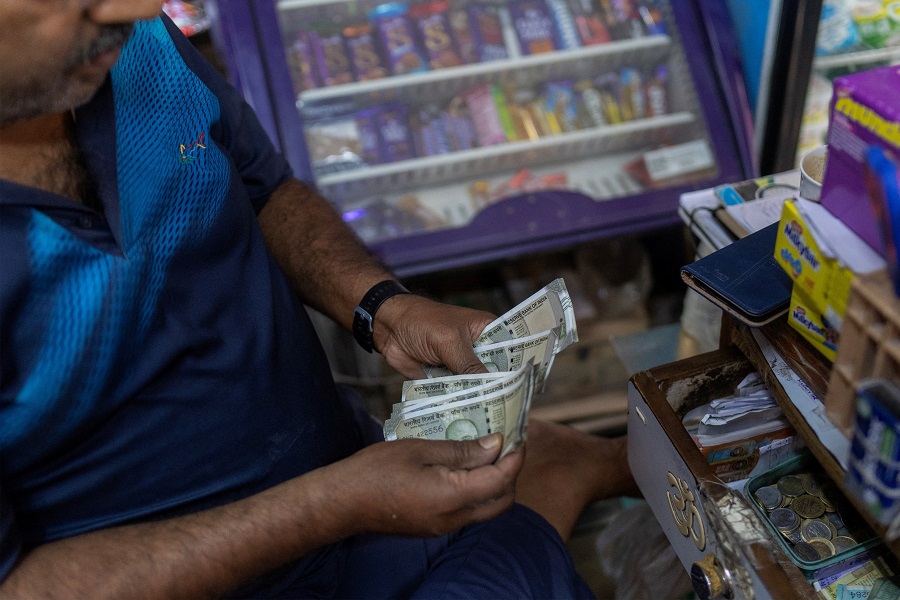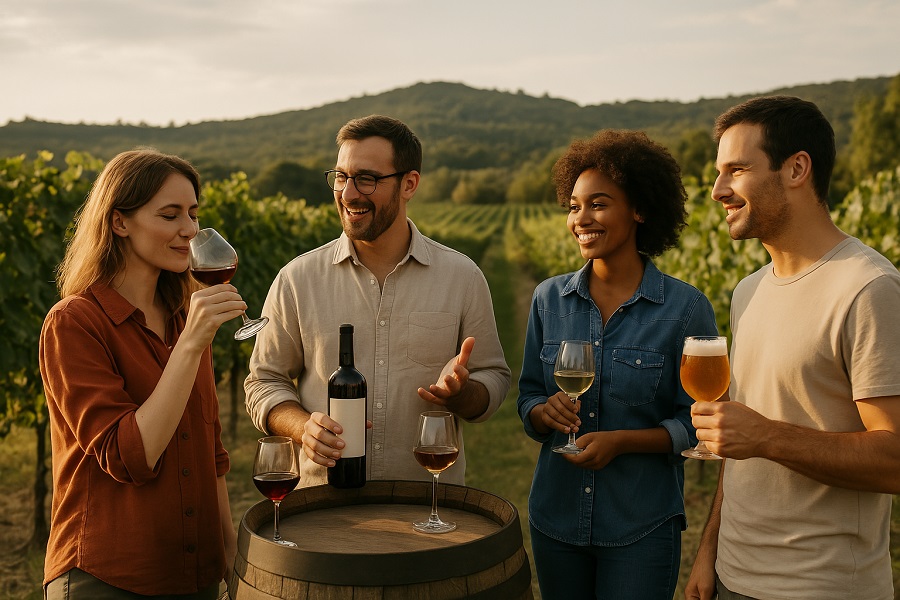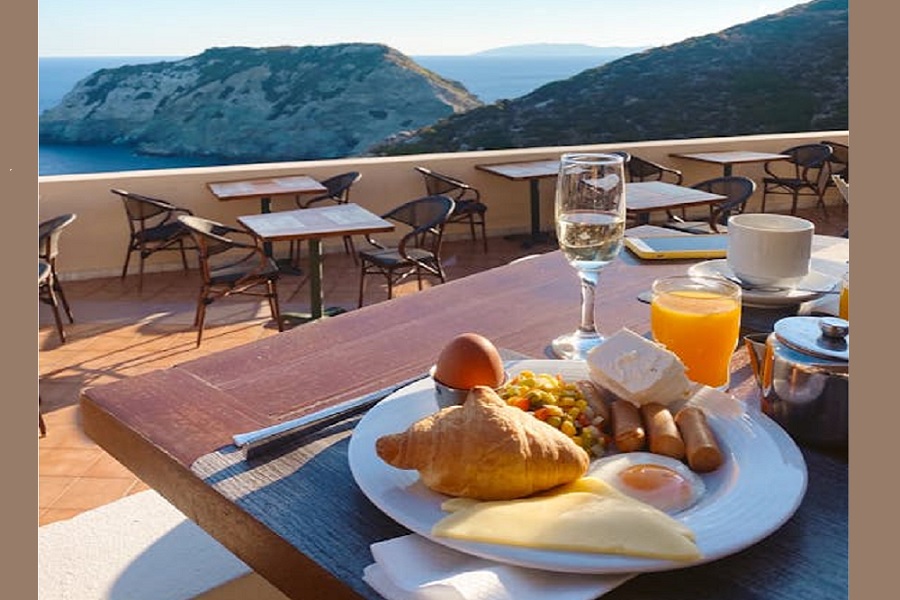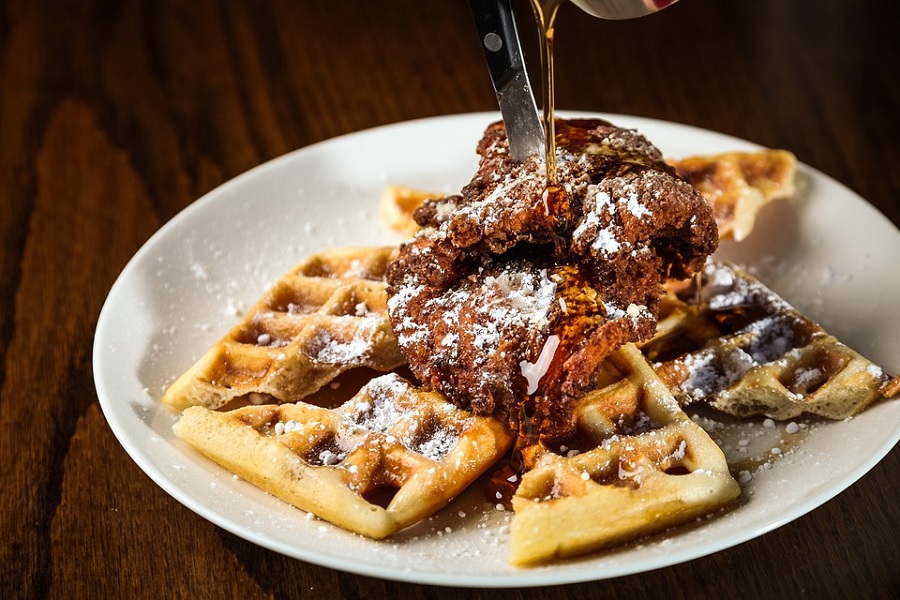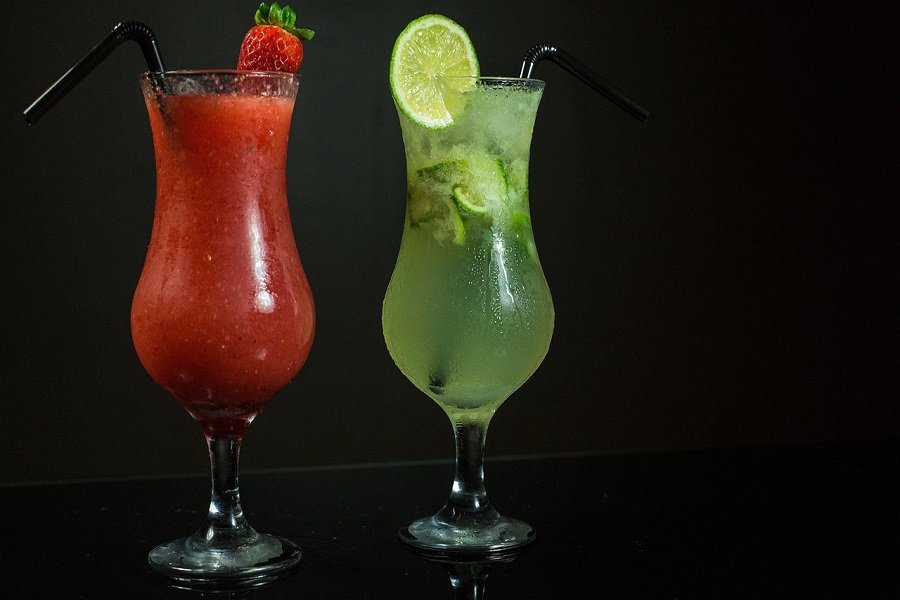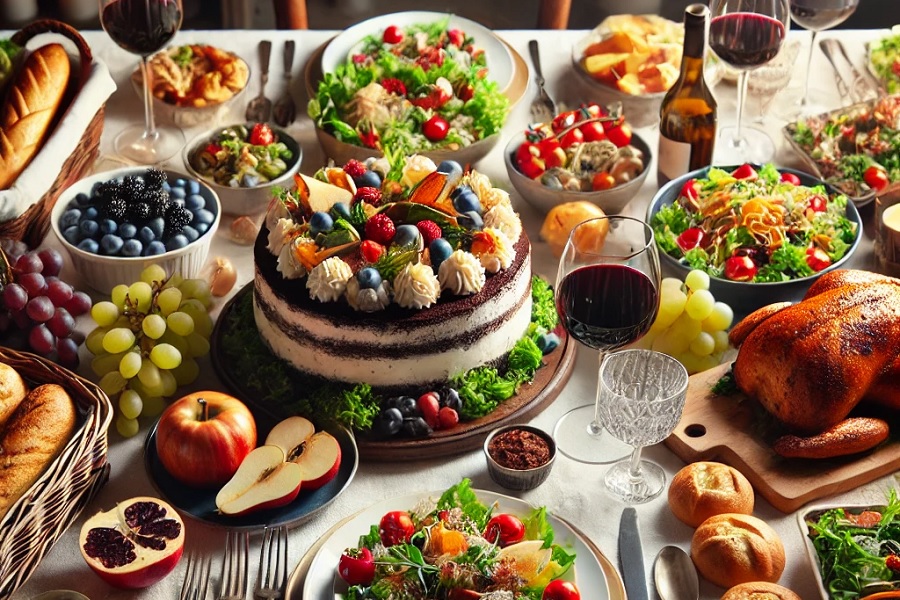Wine, Whiskey, and Beyond : How Beverage Tourism is Becoming a Global Trend
In recent years, beverage tourism has rapidly grown into a global phenomenon, attracting travelers eager to explore the flavors, history, and craftsmanship behind the world’s most beloved drinks. From wine in France to whiskey in Scotland, and beyond to artisanal cocktails in Japan, beverage tourism offers an immersive experience into the culture and tradition of global beverages. This trend combines the love of travel with the appreciation of local craftsmanship, as visitors gain unique insights into the production processes and heritage of iconic drinks.
The Rise of Beverage Tourism: A Blend of Culture and Exploration
Beverage tourism is more than just tasting a drink; it’s about connecting with a place, its people, and the centuries-old traditions that shape these beverages. Wine regions like Bordeaux, Tuscany, and Napa Valley offer tours of sprawling vineyards, where visitors not only taste exquisite wines but also learn about the meticulous process of cultivation, harvesting, and fermentation. In regions like these, wine tasting is an art, where connoisseurs and novices alike deepen their understanding of terroir—the unique characteristics of a region’s soil and climate that shape the flavor of wine.
In Scotland, whiskey lovers can visit distilleries like those in the Highlands or the Isle of Islay, where they can observe the distillation process, sample different types of whiskey, and learn about the centuries-old craftsmanship involved in making Scotch whiskey. These experiences go beyond the drink itself, offering historical and cultural perspectives on the role that whiskey has played in Scotland’s economy and traditions. Distilleries often host tastings, masterclasses, and even provide accommodation options, making these trips multi-day experiences.
Unique Global Experiences in Beverage Tourism
While wine and whiskey are the most well-known, beverage tourism encompasses a wide range of drinks that reflect the diverse traditions of countries around the world. In Japan, sake—the country’s iconic rice wine—holds significant cultural importance. Tourists can visit local breweries to witness the delicate process of brewing sake, and even participate in tasting sessions, gaining a deeper appreciation for the balance of ingredients that makes each sake unique.
In the United States, craft beer tourism is flourishing. Breweries in cities like Portland, Oregon, and Asheville, North Carolina, have become must-visit destinations for beer enthusiasts. These breweries often offer guided tours of their brewing facilities, provide tastings of seasonal and experimental beers, and educate visitors about the craft beer movement, which emphasizes small-batch, locally sourced ingredients.
In Mexico, tequila and mezcal are not just drinks; they’re a part of the cultural fabric. Visitors to the tequila-producing regions of Jalisco can tour distilleries that produce these iconic spirits, from agave field tours to learning about the various methods of distillation. Tasting sessions, paired with traditional Mexican foods, offer a sensory journey into the heritage of this beloved beverage.
Why Beverage Tourism is So Popular
The increasing popularity of beverage tourism is largely driven by a few key factors. First, there’s the rise in consumer interest in authentic, local experiences when traveling. As travelers seek out more than just traditional sightseeing, they are drawn to destinations that offer unique, hands-on experiences—especially those that allow them to engage with local food and drink culture.
Second, social media has played a huge role in promoting beverage tourism. Instagram, YouTube, and other platforms have enabled tourists to share their experiences, whether they’re savoring a glass of wine at a French vineyard or tasting rare whiskey in the Scottish Highlands. These visuals fuel wanderlust, prompting others to visit these destinations for themselves.
Lastly, there’s the growing global interest in fine drinking cultures. As more people develop a taste for quality beverages like wine, whiskey, and artisanal spirits, they are increasingly inclined to explore the origins of these drinks. Visiting a distillery or vineyard offers not just a taste but a deeper connection to the history, art, and passion behind each bottle.
Sustainable Beverage Tourism: A Growing Trend
Another emerging aspect of beverage tourism is sustainability. As travelers become more conscious of their environmental impact, they are seeking out eco-friendly and sustainable beverage experiences. Wineries, breweries, and distilleries are responding by implementing green practices such as organic farming, water conservation, and eco-conscious packaging. Some vineyards in California, for example, have adopted biodynamic farming techniques, which treat the vineyard as a holistic ecosystem, emphasizing soil health and biodiversity.
Similarly, distilleries in Scotland are focusing on reducing their carbon footprints, using renewable energy sources, and sourcing local ingredients to minimize the environmental impact of whiskey production. This commitment to sustainability not only appeals to eco-conscious tourists but also helps protect the heritage of these beloved beverages for future generations.
Conclusion: The Future of Beverage Tourism
As the world becomes increasingly interconnected, beverage tourism is set to continue its upward trajectory. Travelers are now more than ever eager to explore new destinations and discover the stories behind the beverages that have shaped cultures for centuries. Whether it’s wine, whiskey, sake, or tequila, each beverage offers a unique journey into the traditions, artistry, and history of its birthplace.
By merging travel with local craftsmanship, beverage tourism allows for deeper cultural connections, offering an enriching experience for both seasoned connoisseurs and curious first-timers. So, whether you’re touring vineyards in Bordeaux or sipping craft beers in Portland, the world of beverage tourism awaits, ready to offer new flavors, experiences, and stories to those who seek them.














